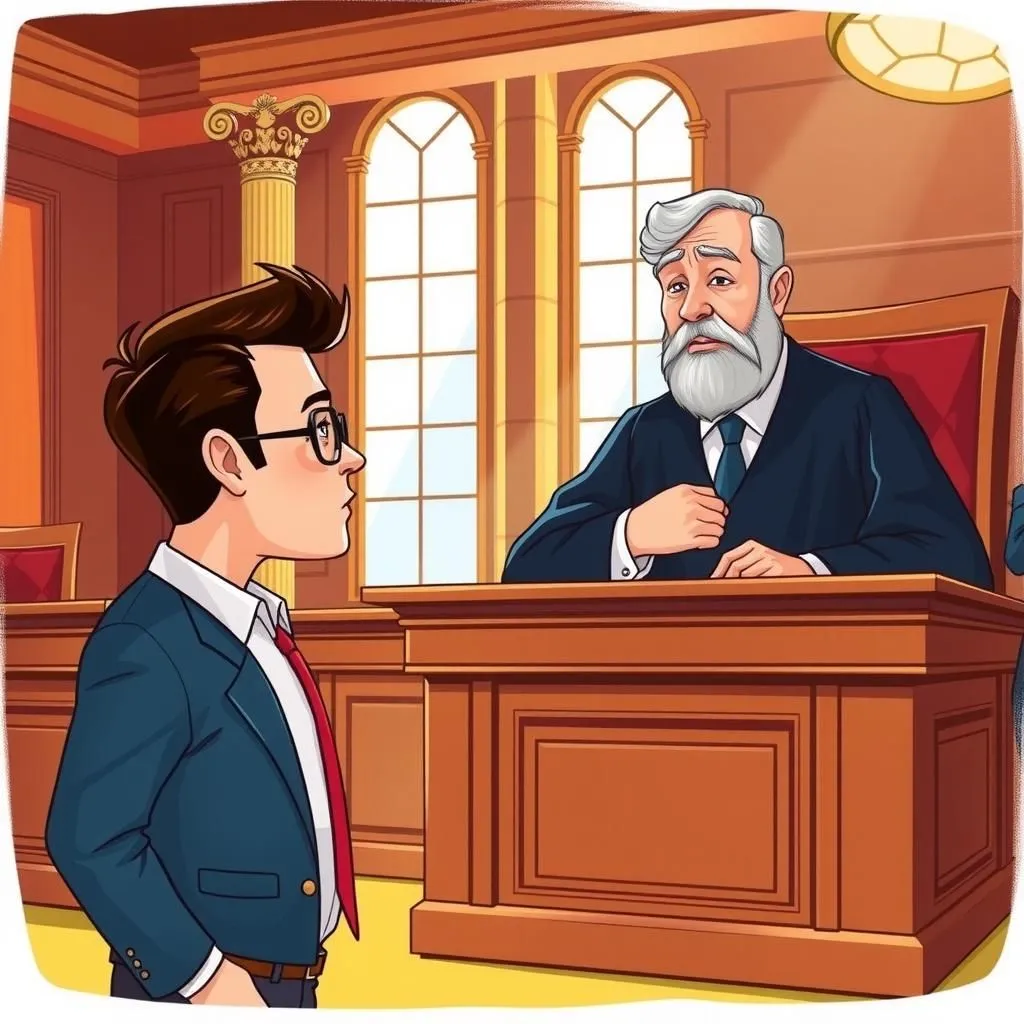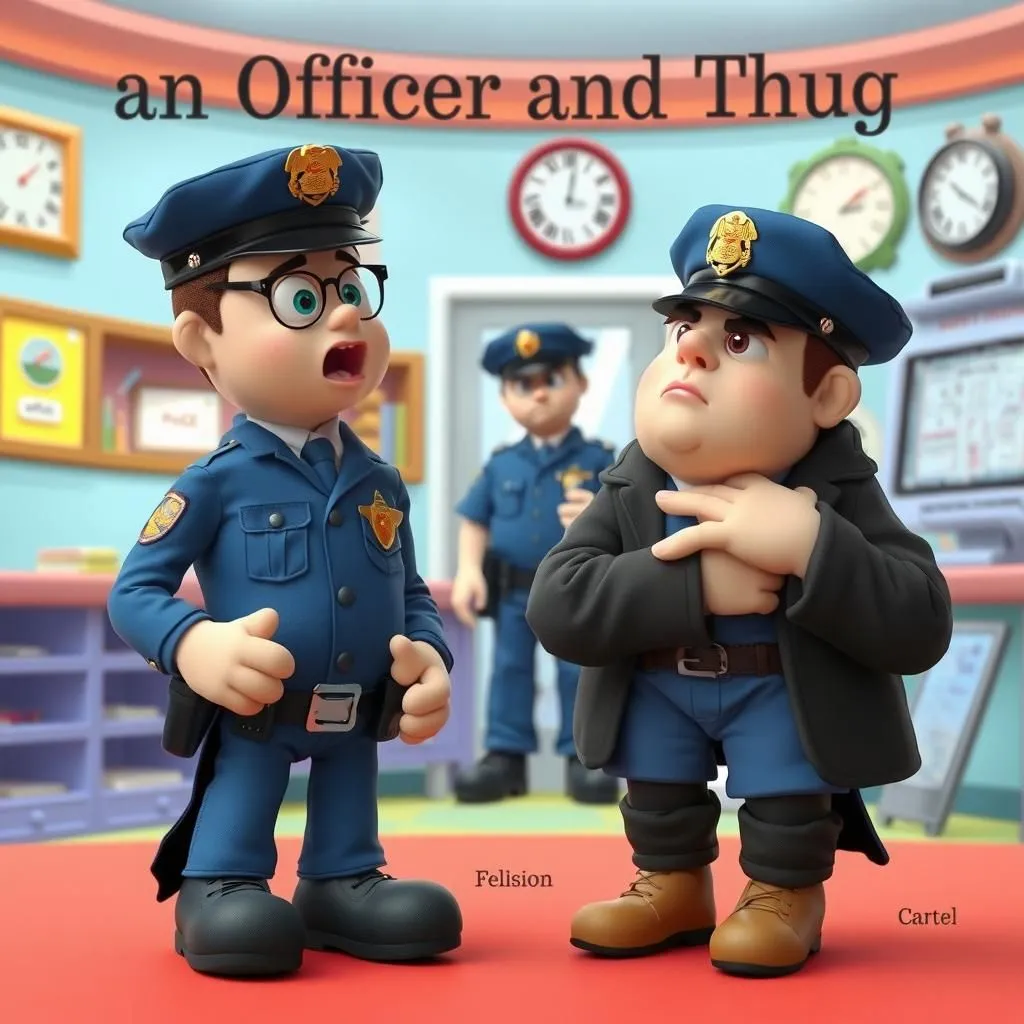
The Lion and the Rattlesnake
In this short moral story, a man attempts to subdue a lion with the power of his gaze while a rattlesnake ensnares a small bird nearby. Both boast about their successes, but the lion ultimately points out the irony of the man's futile determination to control him. This quick read highlights the theme of effort versus outcome, making it a compelling moral story for students.


